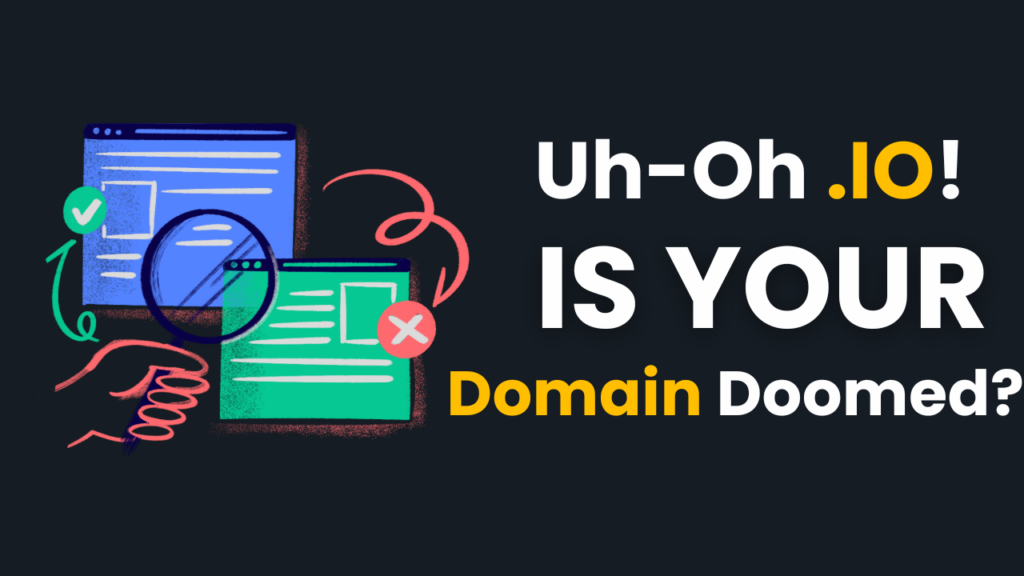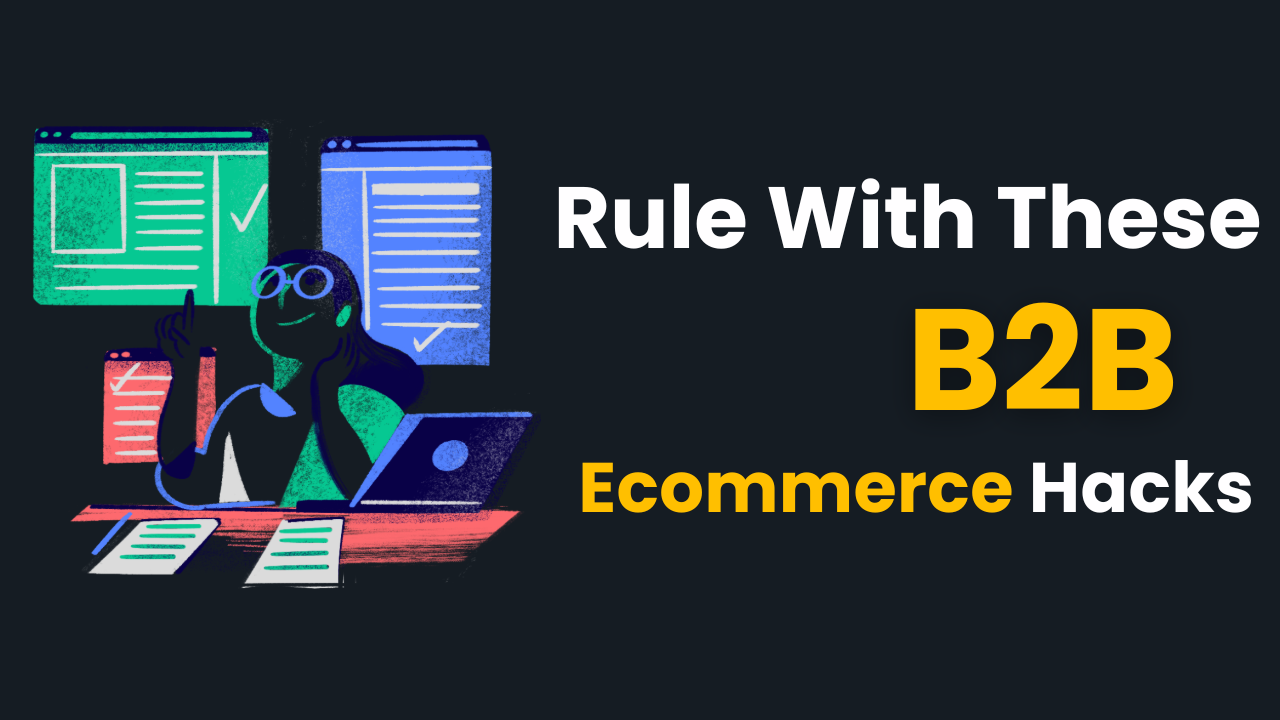
| Getting your Trinity Audio player ready... |
In today’s digital world, B2B ecommerce SEO is no longer a “nice-to-have”; it’s a must. You might be killing it with the best B2B products, but if clients can’t find your business online, you are leaving money on the table. Here’s a breakdown of what you need to dominate in B2B eCommerce landscape visibility regarding your brand. Want to turn your website into a lead-generating machine? Keep reading!
What is B2B eCommerce SEO?
The major focus of B2B ecommerce SEO is gaining organic traffic in search engines for B2B e-commerce websites. Unlike B2C SEO, planned to target consumers at an individual level, B2B ecommerce SEO focuses on business buyers. Such buyers normally have longer decision cycles for buying something, high-order values, and are more informed.
Main Differences Between B2B and B2C SEO
Again, the biggest differentiator between B2B SEO and B2C SEO is the target audience. In B2C, one would be targeting impulses, using impulse-buying techniques, and marketplace impulsive decisions. In B2B, your audience is going to be laser-focused on return on investment, long-term deliverables, and technical detail. Keywords also differ in a big way. Whereas B2C puts weight on high-volume, short-tail keywords, B2B operates on niche, long-tail keywords that are indicative of awareness from the right decision-makers.
How to Build a B2B SEO Strategy
A good B2B SEO strategy requires precision, patience, and insight into what makes your target businesses tick.
Keyword Research for B2B
Forget chasing the highest search volume. What you need is low-volume, high-intent keywords, referring to those signals that a buyer is ready to take some form of action in the world of B2B ecommerce SEO. The best keywords to target in B2B should solve a business problem, not just answer general queries.
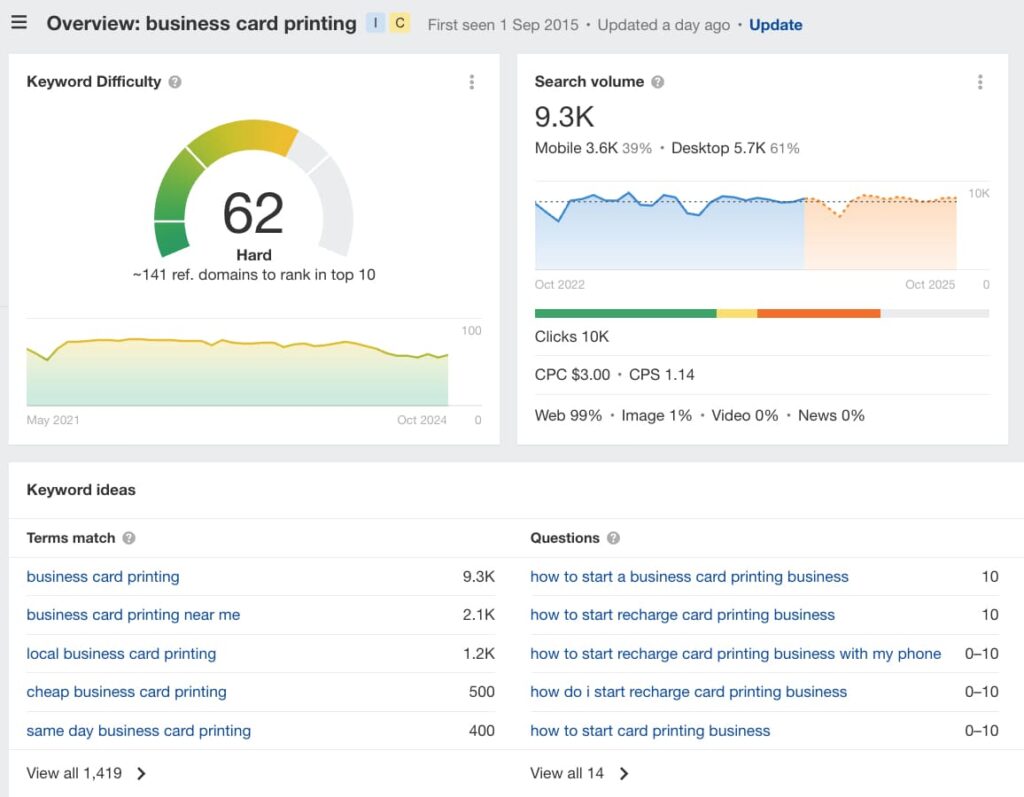
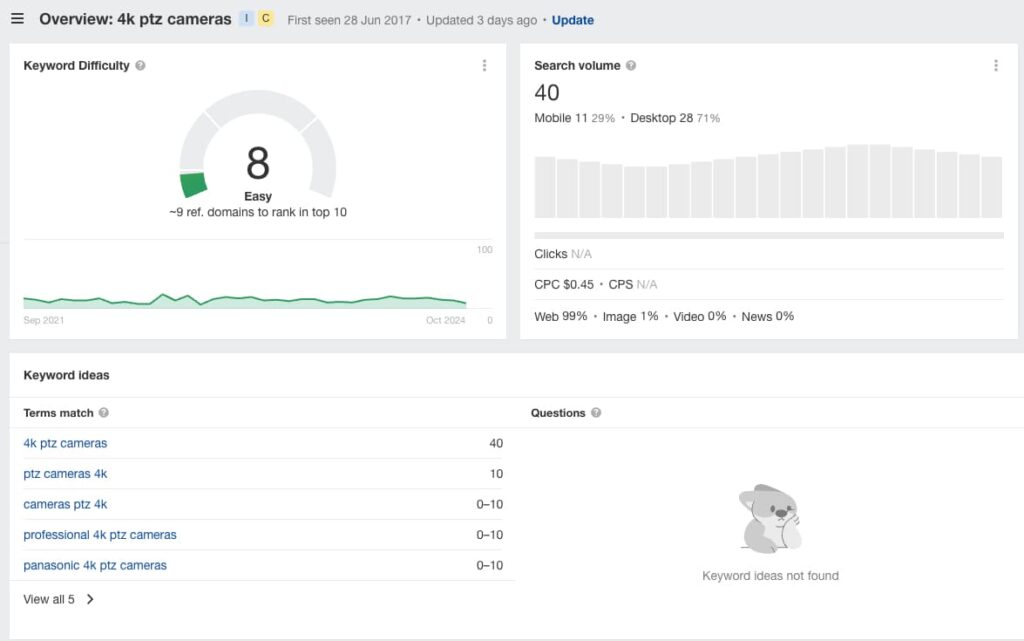
The Importance of Long-Tail Keywords
Long-tail won’t bring in huge volumes of traffic; instead, they provide high-quality traffic. Instead of targeting broad terms such as “CRM software,” targeting “what is the best crm software for small business” will help you connect with decision-makers well down the buying process.
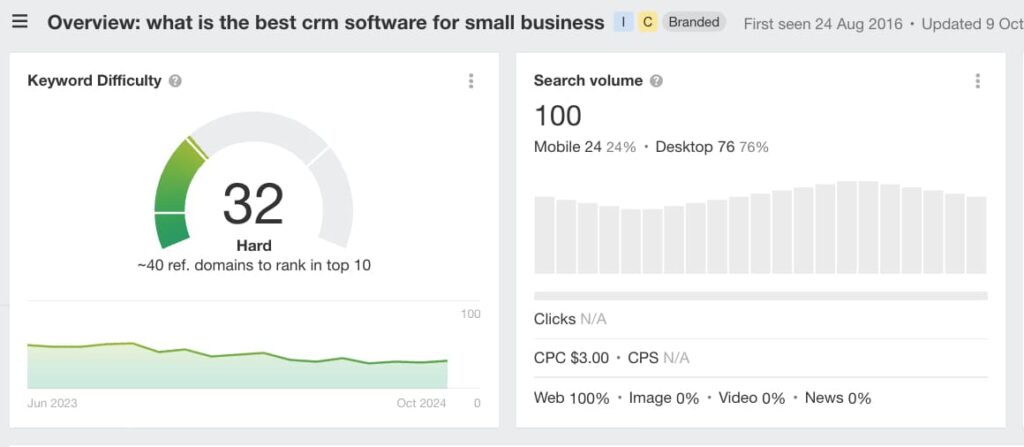
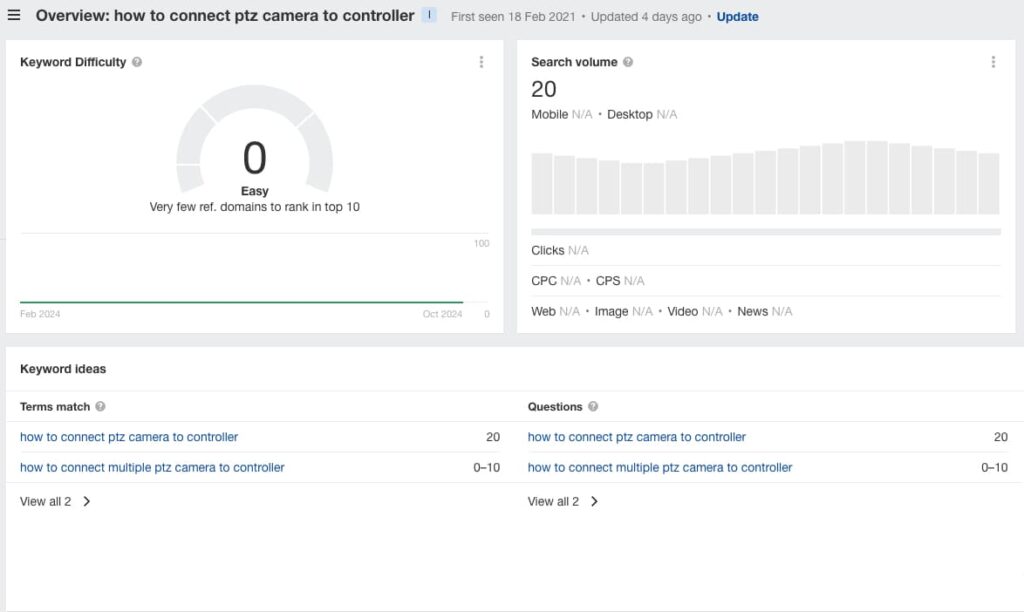
Tools for Effective Keyword Research
Use the right tools for the job: Google Ads Keyword Planner, Ahrefs, SEMrush, Moz and Ubersuggest – to name a few help in identifying the high-intent keywords that resonate with business buyers.
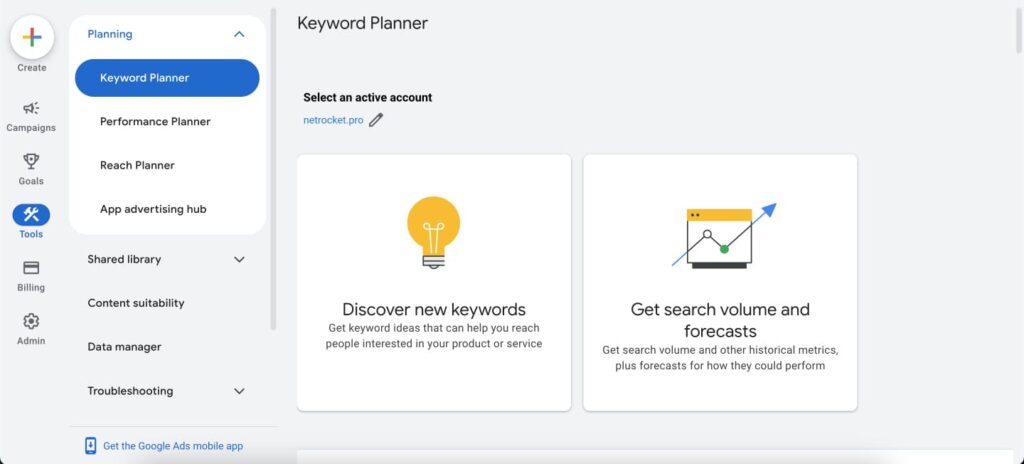
Google Keyword Planner
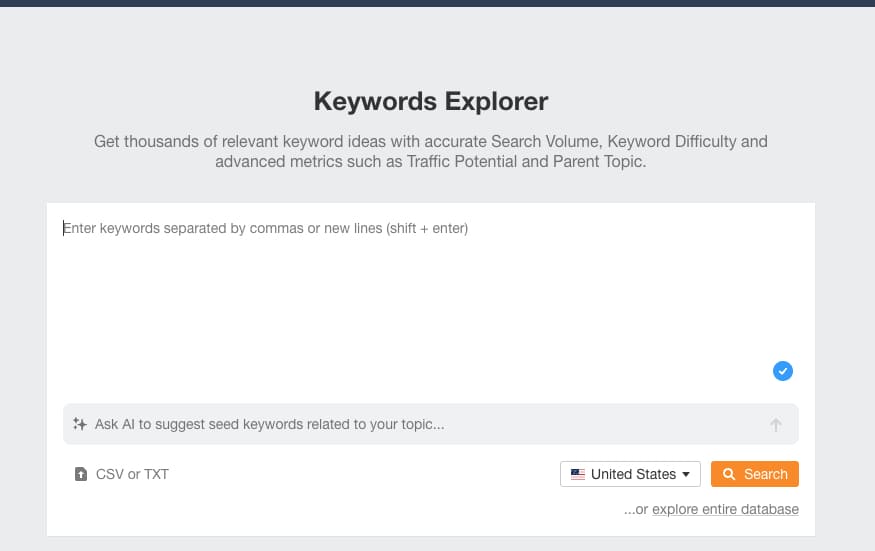
Ahrefs
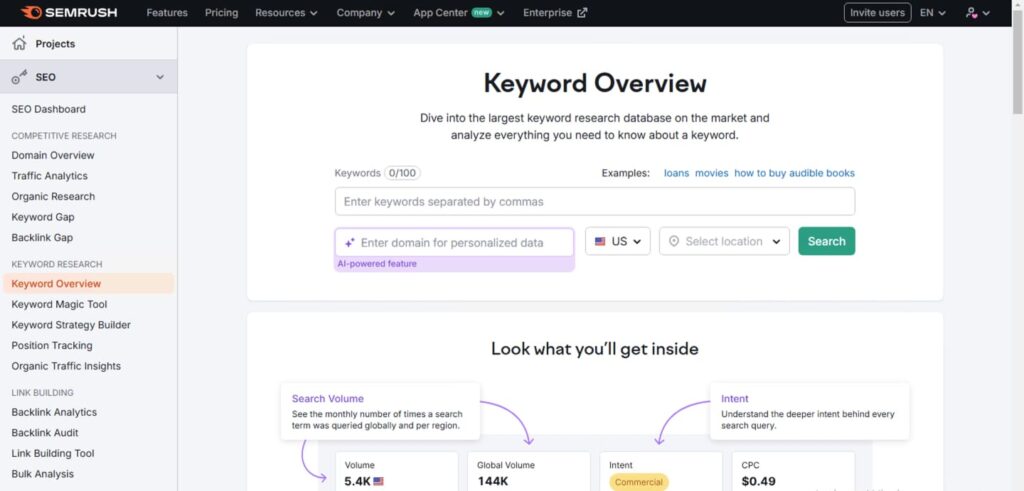
Semrush
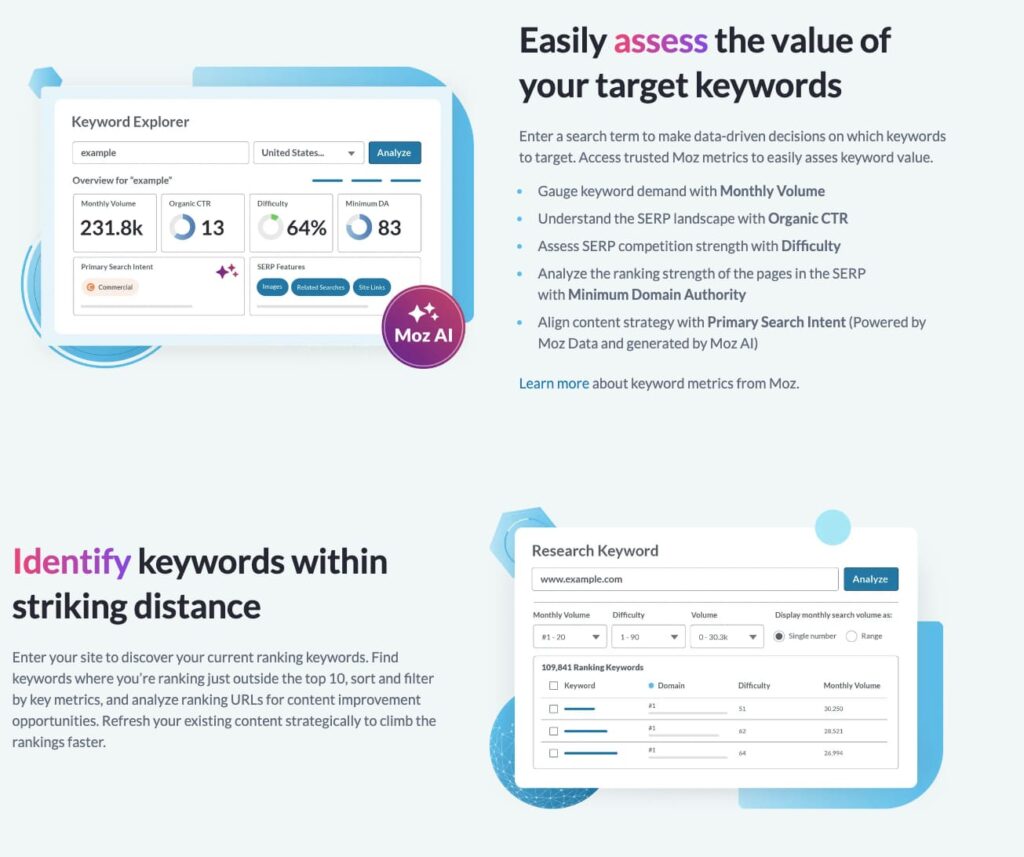
Moz
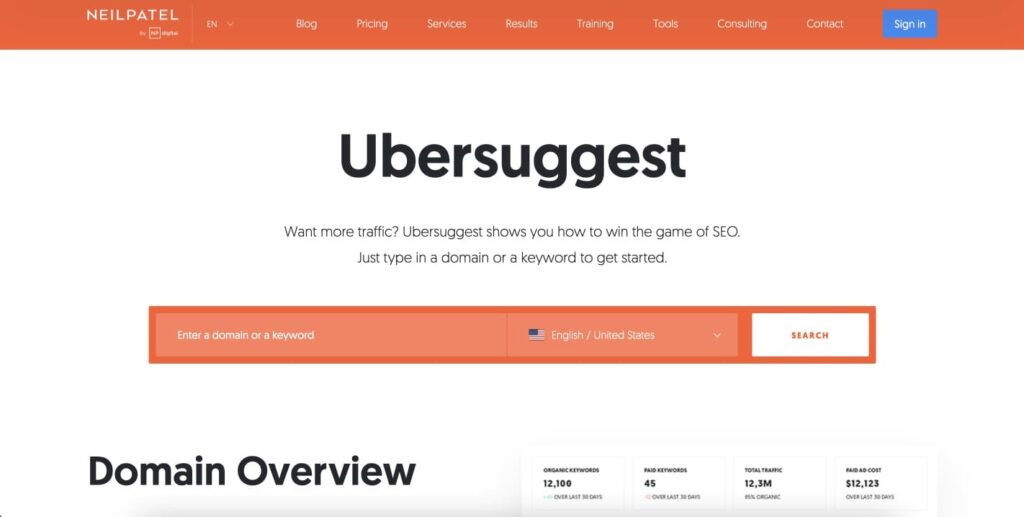
Ubersuggest
Website Structure Optimization
When it comes to B2B, website architecture is key. Your website has to be crawlable and logically structured in order to allow search engines an easy way through the crawling and indexing process. You want breadcrumb navigation, obvious calls-to-action, and optimized URL structure.
Technical SEO for B2B Websites
Don’t let technical SEO be an afterthought. Make sure your website loads quickly and is mobile-friendly, with clean code. Slow load times and bugs infuriate potential clients, who will bounce faster than you can say the words “lost lead.”
Local SEO for B2B Businesses
Never underestimate the power of local SEO. Even if you target businesses across the country or globe, showing up in Google My Business and other local listings can improve your search standing. Create a profile in Google My Business, claim your local listings, and optimize for location-based keywords, such as “B2B eCommerce solutions in my city.”
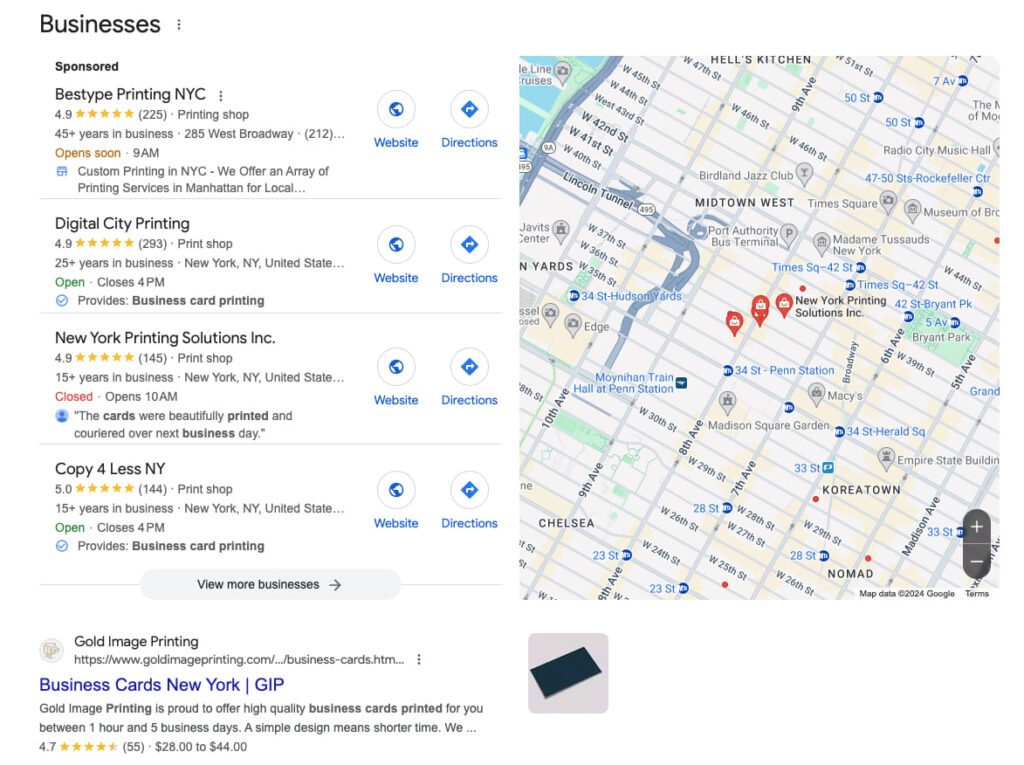
Best Practices for B2B eCommerce SEO
Creating High-Quality Content
In B2B, content is king. Well, we talk more than product descriptions, really; case studies, whitepapers, reviews by experts, and blog posts that show your expertise. Your buyers are doing serious research; hence, give them content that will answer their questions and solve their problems.
Product and Category Descriptions
Your product and category descriptions should be comprehensive, with a heavy artillery of relevant keywords. Put yourself in your potential buyer’s shoes: what would they search for? Your description should meet those needs.
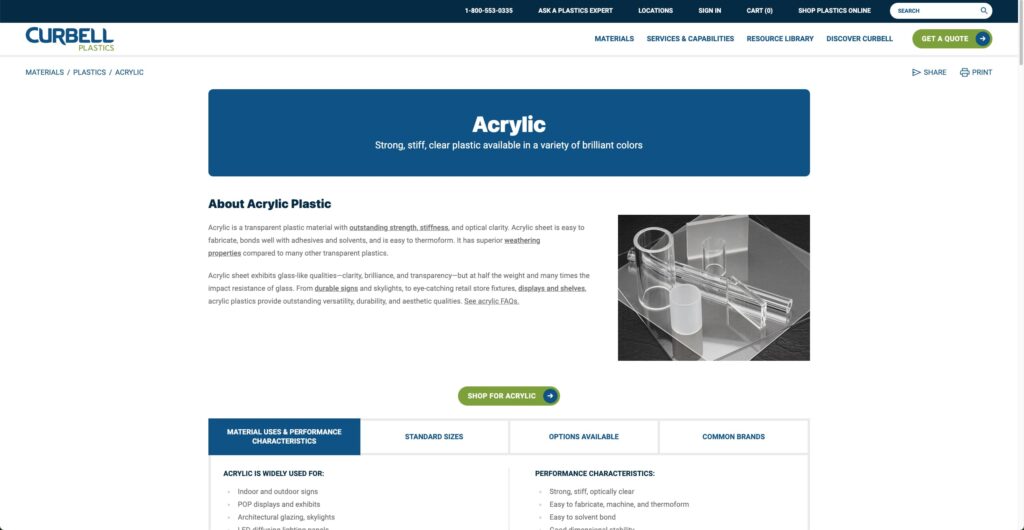
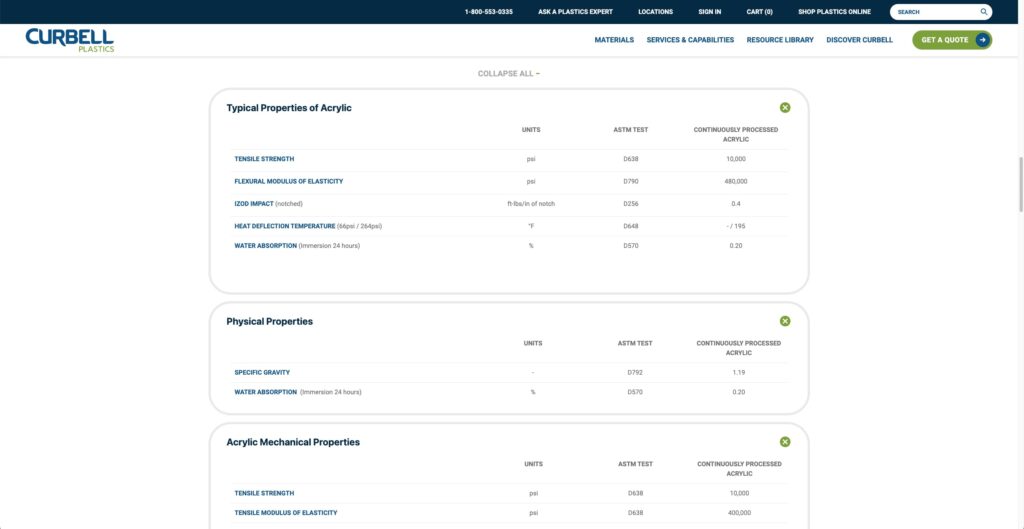
Webinars and Video Content
Visual content is considered one of the most important means in B2B ecommerce SEO, such as webinars and video content. Not only do they drive engagement among users, but they also help in improving ranking on Google with the help of using the right keywords.
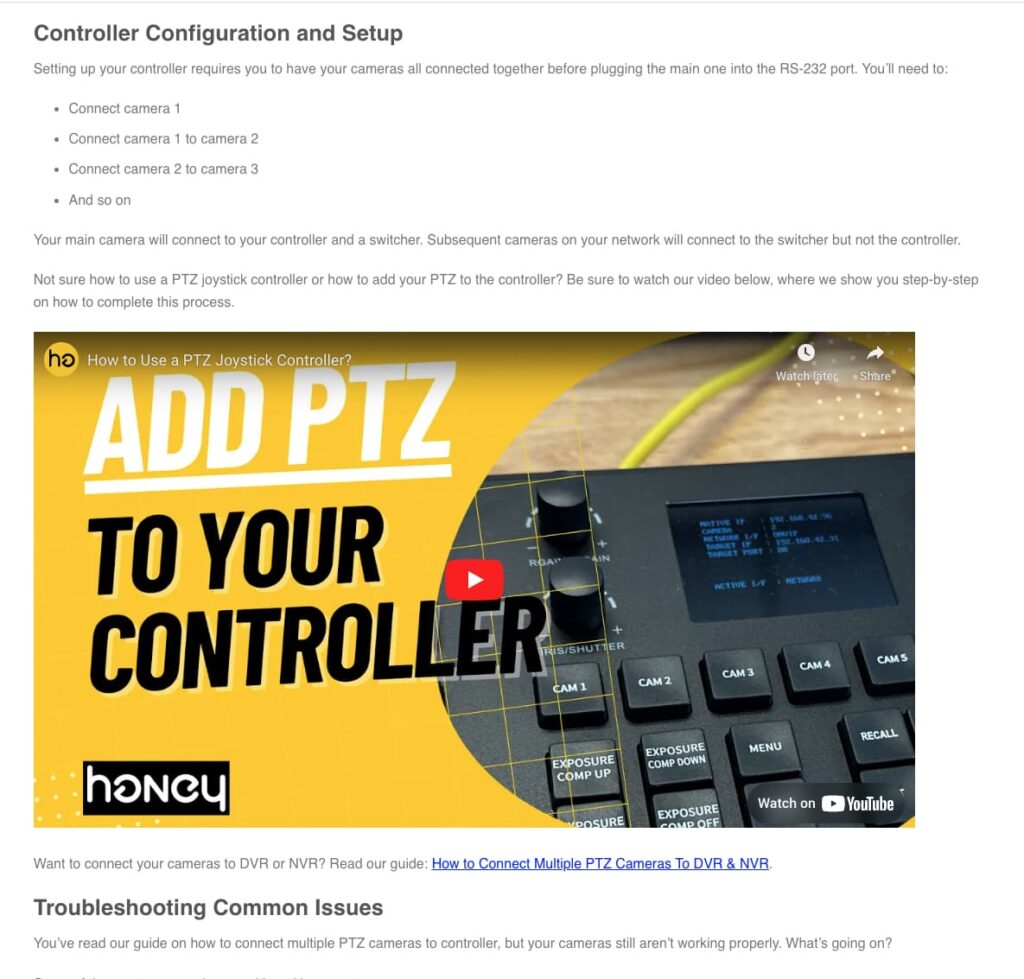
B2B Link Building Strategy
Link building in B2B does not consist of acquiring more links than possible but is all about having the right kinds of links. Focus on getting backlinks from industry blogs, trade publications, and B2B directories. These high-authority links can literally drive up domain authority and search engine rankings.
Focus on Conversion Optimization and Checkout Process
Getting traffic is one thing, converting it is another. You need to make sure your checkout process is seamless. Make the journey of buying as seamless and smooth as possible by removing all extra steps that may cause friction; optimizing the layout for better performance; and allowing various payment options.
UX Optimization
Good UX is as important to SEO as it is to conversions. Make sure your website is easy to use, responsive on every device, and with the user in mind. A clear, intuitive UX keeps users longer and drives better conversions.
Success Metrics for B2B SEO
KPIs
Tracking important KPIs, such as organic traffic, bounce rate, and conversion rate, will help you to understand how well your monthly SEO strategy is working. These metrics will give you insight into what works and where you should pivot.
Keyword Ranking Monitoring
In addition to keyword ranking, leverage tools like Google Search Console, SE ranking and Ahrefs to stay up with your keyword rankings. Keep constant notice and make adjustments in strategy according to how your target keywords perform.
Lead and Conversion Metrics
After all, it comes down to how much you are earning in leads and closing them. Monitor your lead generation metric to see if your SEO efforts are translating into actual business opportunities.
Analytics Tools for Data Insights
Measuring SEO performance requires tools like Google Analytics 4, Google Search Console, and Heat Maps. Each one delivers essential insight necessary for adjusting the strategy in the right direction to hit targets.
Promotion & Advertising Tips
SEO and PPC Synergy
SEO takes some time, but PPC can take you there almost in no time. Combining both strategies ensures covering both short-term and long-term traffic goals.
Retargeting
Retargeting works fantastically in the B2B world. If a potential customer came onto your site and didn’t convert, then retargeting ads can capture them when they’re ready to decide.
LinkedIn, Bing Ads
Don’t forget about LinkedIn and Bing Ads. Both of these offer great opportunities to reach buyers for a B2B business, with less competition in many cases than you’d find on Google Ads.
Conclusion
Mastering B2B eCommerce SEO isn’t a cakewalk, but it’s doable with the right strategies. From effective keyword research and content creation to local SEO and link building, applying these tactics will drive more organic traffic to a visible site and grow your business. That’s because B2B buyers aren’t impulse shoppers; they are informed purchasers seeking the best answer to a business problem. Your SEO better reflect that.
FAQs
Is SEO good for B2B?
Definitely! SEO will enable a B2B company to reach out to its target audience, increase brand visibility, and generate better quality leads.
Why is SEO important for B2B eCommerce?
B2B SEO services include keyword research, technical SEO, content creation, and link building, which help B2B websites rank higher in search results.
What are B2B SEO services?
B2B eСommerce SEO services include keyword research, technical SEO, content creation, and link building, which help B2B websites rank higher in search results.
How to rank a B2B eCommerce website?
Ranking a B2B eCommerce website requires great keyword research, high-quality content, effective link-building strategies, and constant optimization. Moreover, the use of tools like GA4 and GSC will help observe performance and make certain adjustments to strategies for better results.

